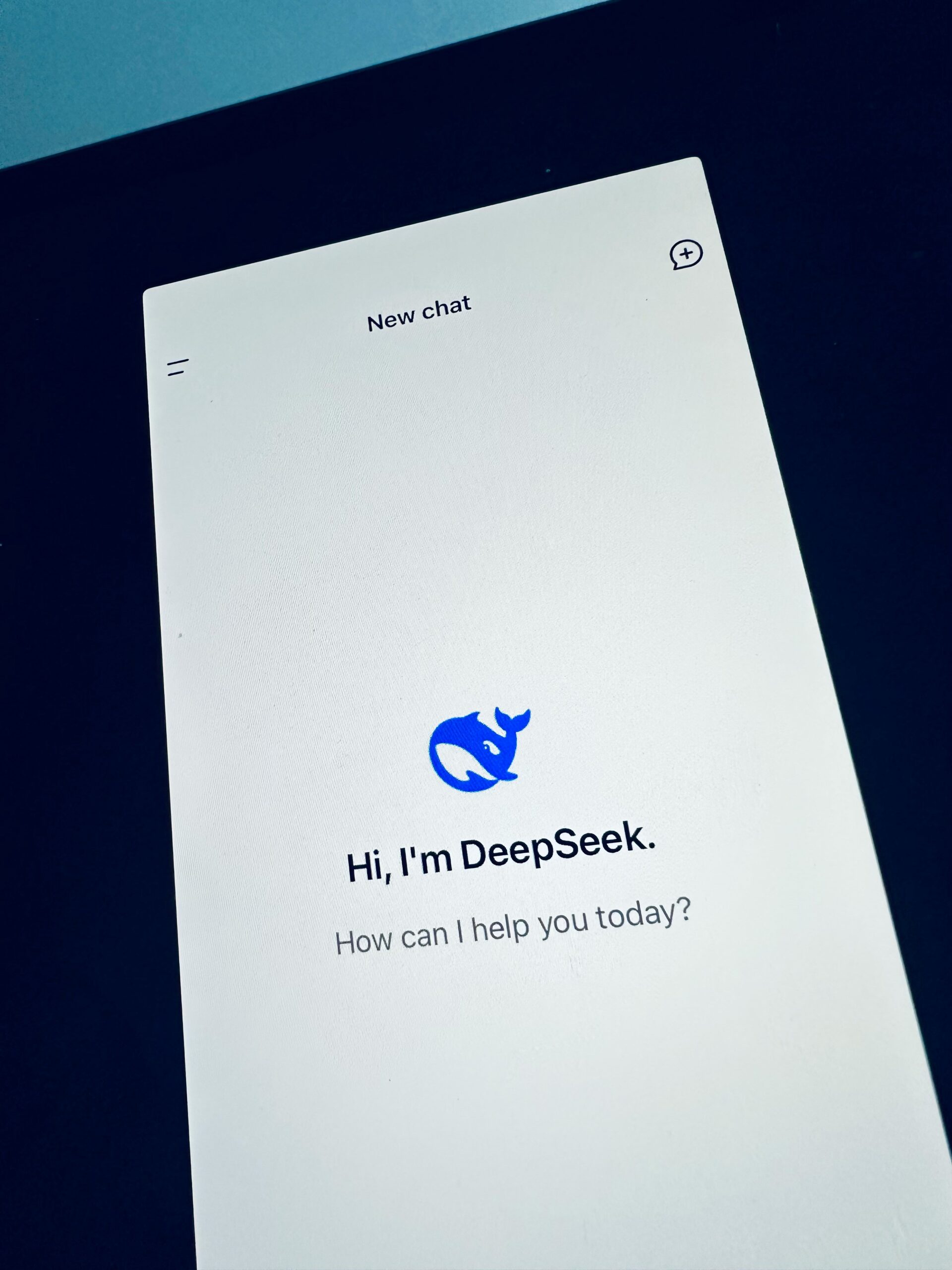Image credit: Unsplash
As technology continues to develop and adapt quickly, businesses have to adjust alongside it. Gen AI is changing the game for businesses, and now companies and leaders have to analyze what this new technology can and can’t do about individual needs.
Sunrun and TrueBlu board director Sonita Lontoh noted that conversations about AI have “changed dramatically” in recent years.
Lontoh explained, “At first it was whether Gen AI is hype or reality. Now it’s more topical and practical, focused on specific business outcomes.”
One of the most critical questions is how AI might drive measurable business outcomes, such as improving efficiency, launching new disruptive business models, and allowing a higher margin for products or services.
Asking the Right Questions
Businesses must follow a formulated question list to maximize AI’s offerings. The most important answer companies must ask hinges on the simplest one: What do they want to get out of it? Answering that will dictate levels of risk and investment and whether or not AI makes sense for their business strategy.
Regardless of whether or not a company wants to use AI, it is eclipsed by the question of if it can. Based on 2023 research conducted by Gartner, just 4% of participants think their data is completely AI-ready, with only 37% reporting that they were “somewhat prepared.”
Lontoh clarified that the answers to those questions aren’t the be-all and end-all of determining whether AI is right for a company.
“But the truth is, you don’t have to have 100% of your data AI-ready. You have to focus on the high-value data that makes sense for you.”
Quality, Ethics, and AI Readiness
According to Lontoh, quality and alignment are the main components of data readiness. Lontoh explained that prioritizing ethical governance, security, bias mitigation, accuracy, enrichment, and business rules are integral to determining data readiness.
Lontoh added, “You need to ensure that your data is ethically governed, especially from a board perspective.” The director also expressed the importance of protecting sensitive data with the advice, “You also need to ensure that your data is as free of bias as possible.”
Regulation and Compliance Are Key
Security and the need for regulation are two of the biggest fears regarding AI technology advances, leading to worldwide regulations like the White House AI Bill of Rights and the EU AI Act. Though these are essential and much-needed compliance requirements, Lontoh noted that these initiatives take too long to establish compared to the rate at which the technology progresses. It’s up to boards and executives to develop fair, safe, and transparent regulations while holding companies accountable.
Lontoh explained, “AI use cases for a B2B energy company are obviously very different than those for a consumer-focused retailer.”
Like any business decision amidst technology advances, businesses must pose questions that center on risk and reward, how AI will affect companies’ continued relevance, and how each stage will influence business models—between perceptive AI, Gen AI, and agentic AI. This can be achieved by contributions from legal, finance, compliance, HR, and audit teams working together to develop an effective and secure model.
Paving the Way Forward
Regarding questions of ethics and high-risk cases, Lontoh has some ideas on the way forward. “We need to ask how we can continuously test, monitor, and audit to ensure that our AI approaches are ethical, responsible, and compliant with rules and regulations.”
Alongside AI’s progression come both foreseen and unforeseen challenges. It’s up to each company to adhere to best practices that consider all risks.
Lontoh noted, “The ultimate goal is to ensure that AI delivers an overall benefit to businesses, consumers, and society while minimizing its potential downsides.”
By following that advice, companies will be well-positioned to adapt to AI changes securely, safely, and ethically.





























































































































































































































